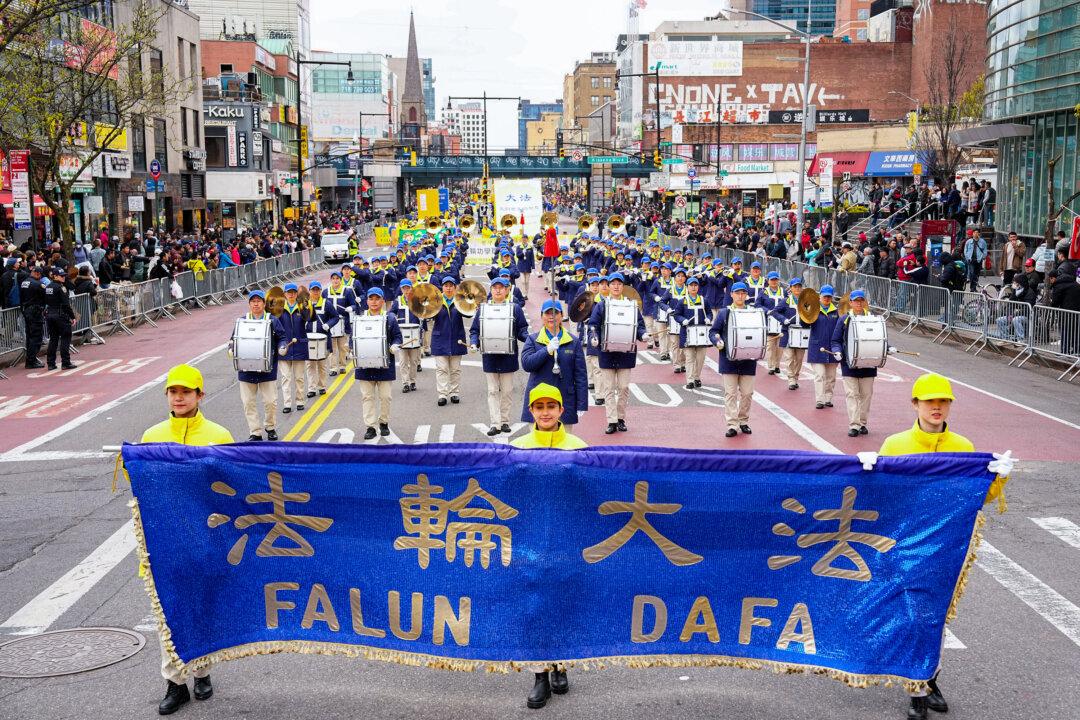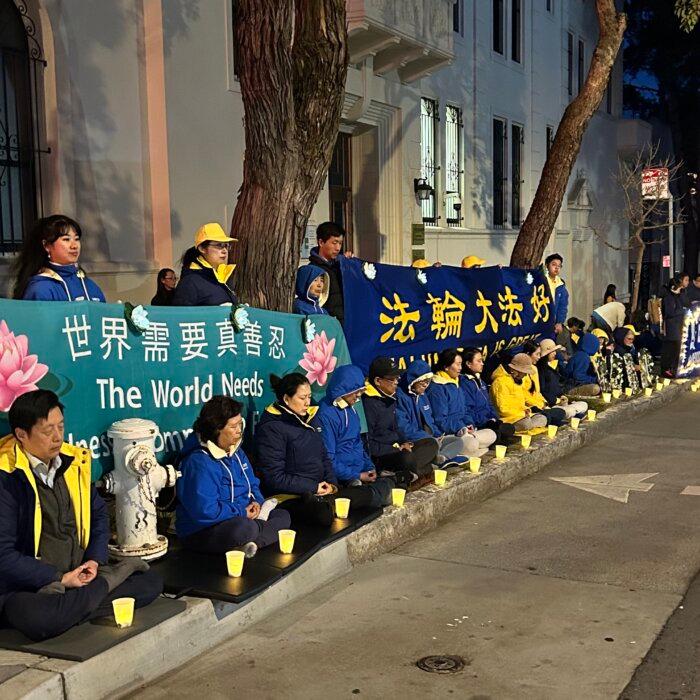On April 25, 1999, a peaceful appeal involving thousands of Falun Gong practitioners brought the practice to the world’s attention. Soon after, on July 20 that year, the Chinese Communist Party (CCP) launched a brutal persecution campaign against Falun Gong.
In the 25 years that have passed since then, the persecution of Falun Gong has continued.
Hu Ping, a political critic and chief editor of the New York-based monthly journal Beijing Spring who lives in the United States, said he first became acquainted with Falun Gong due to the appeal.
Later, he was shocked to discover that “among my circle of friends in China, there isn’t a single household without practitioners of Falun Gong. I realized Falun Gong was popular.”
What further astonished him was that such a significant number of people dared to appeal to the regime in Beijing after the 1989 Tiananmen Square massacre.
The CCP leaders “didn’t expect Falun Gong to be so tenacious. Once the crackdown began, they couldn’t extricate themselves from it. It became a cycle of repression, and they couldn’t contain it anymore.”
Legal expert and independent commentator Yu Ping was in Beijing when the appeal took place in 1999.
From a legal perspective, he views the CCP’s suppression of Falun Gong as a significant human rights violation.
“From the standpoint of human rights and religious freedom, this is a very serious infringement, especially the complete prohibition of a religion without any legitimate process. This is very rare,” he said.
“Falun Gong is defending its own rights, which is legitimate; and the method of defense is peaceful,” he said. “It’s purely a matter of belief, with no illegal or harmful behavior to the community.”
“This is the biggest human rights stain during the CCP’s rule.”
Li Hengqing was studying at Tsinghua University when the 1989 student protest happened, and he was among the last to leave Tiananmen Square.
Toward the CCP, he said there should be a sense of “shared animosity.”
“Over the past two decades, the brutal repression has affected a large number of people, with the extremely appalling torture and organ harvesting,” he said.
“But what’s the ultimate outcome?”
Mr. Li stated that the history of tens of millions of Falun Gong practitioners persisting and resisting persecution is “indestructible,” their spirit “is extremely, extremely worthy of respect.”
Chen Liqun, vice chairperson of the National Committee of the China Democracy Party, believes that the CCP has reached a dead end in its persecution of Falun Gong.
“The CCP is nurturing its own demise by creating adversaries.”
“The human rights activists, for instance, initially sought only personal benefits, but in the end, they were forced into opposition,” said Ms. Chen, noting also the controversial extradition bill in Hong Kong that led to protests.
She noted that Falun Gong has also been peaceful. To oppose the CCP’s persecution, Falun Gong has spurred wave after wave of grassroots resistance in China. They called for people to quit the Party-affiliated organizations and help stop the persecution and torture of their fellow practitioners, she said.
“The CCP’s foolish brutality forced so many exceptional individuals, the many doctorates and intellectuals, to walk the path of anti-communism,” she said.
Ms. Chen believes that the resilience of Falun Gong derives from their faith in “truthfulness, compassion, tolerance.”
“Their adherence to ’truthfulness, compassion, tolerance' can unite people and foster cohesion. In this aspect, Falun Gong has set a remarkable example,” she stated.
Mr. Hu found that Falun Gong is different from what the CCP portrayed. He discovered that there is no designated spokesperson for Falun Gong; those who represented the practice were ad hoc selections. Moreover, there is no formal organization, no political agenda, and certainly no conspiracy. “However, the CCP’s authoritarian oppression forced them onto the path of resistance.”
Later on, Mr. Hu authored the book titled, “The Phenomenon of Falun Gong,” advocating for Falun Gong and clearing its name.
“Decades have passed, and we see that Falun Gong not only hasn’t been eradicated but has also prospered, particularly outside China,” Mr. Hu said.
“We can predict that, after China undergoes its transition to democracy in the future, Falun Gong will play a considerable role in the moral reconstruction of the entire Chinese society,” he said.






